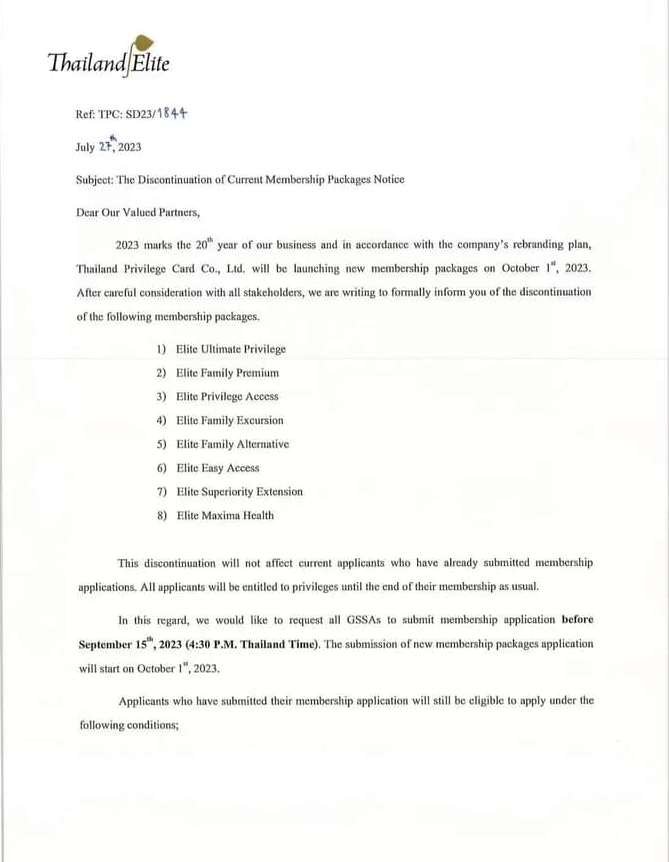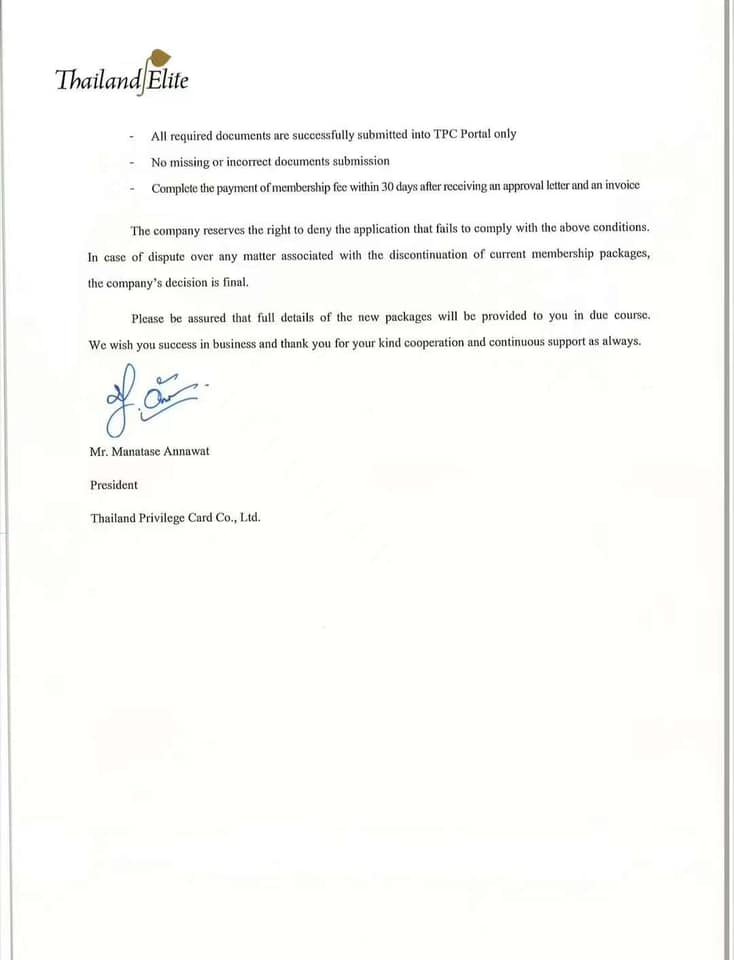
K2938
Advanced Member-
Posts
564 -
Joined
-
Last visited
Content Type
Events
Forums
Downloads
Quizzes
Gallery
Blogs
Everything posted by K2938
-
So how fair is it that the Thai Elite Easy Access visa was sold us upgradable to a longer term over its exisiting life (20 years instead of 5) and now this upgrade possibility is suddenly only available to Aug. 15? And on top of this people are only informed about this approximately two weeks in advance? Is this fair?
-
I now believe that it has actually been approved in Thailand: https://www.linkedin.com/posts/peter-streibl-3117422a_ตรวจสอบผลตภณฑ-activity-7061678608972468224-y675 https://pertento.fda.moph.go.th/FDA_SEARCH_DRUG/SEARCH_DRUG/pop-up_drug_ex.aspx?Newcode=U1DR2C1072660000411C So should actually be locally available sometime in the not too distant future
-
1) No, if you actually look at the trial data the Qdenga vaccine is more effective if you already had dengue. See for example: At the 18-month timepoint, vaccine efficacy against all dengue in dengue immune recipients was 76.1% and 66.2% in dengue non-immune recipients. You are absolutely right that Qdenga does not have the severe and potentially fatal drawbacks of the previous vaccine. However, it is less effective if you did not already have dengue. (See also: https://www.nature.com/articles/s41541-023-00658-2; https://www.sciencedirect.com/science/article/pii/S1477893923000583). 2) I have also seen the article stating that Qdenga has been approved in Thailand, but while I do not know I actually suspected this might be a typo as just a few days before I read some senior Thai scientist saying the opposite. So just wanted to ask you if you are really sure about it having been approved in Thailand. When I looked, I only found - like in your article - a side comment on Thailand in articles on the withdrawal of the application in the U.S. and this could be just one article copying from the other a potential typo.
-
Not quite true. It had been submitted for approval in the U.S. and due to data deficiencies Takeda just withdrew the approval submission in the U.S. again as stated in the link I posted a few posts higher up: https://www.empr.com/home/news/drugs-in-the-pipeline/takeda-withdraws-us-application-for-dengue-vaccine-candidate/ So all does not seem to be going as smoothly as one would wish unfortunately. The EU and other countries approved the vaccine, but maybe the U.S. authorities - but that is just speculation - were looking deeper. Certainly it would have been nicer if the U.S. had approved it.
-
Outgoing Thai PM found guilty of neglect of duty over PM2.5 pollution
K2938 replied to snoop1130's topic in Thailand News
Is there any realistic chance that the new Move Forward/Pheu Thai et al. government, if it comes, will do anything differently? -
Does this have tracking?
-
Does this have tracking?
-
You misunderstand the key purpose of insurance. It is to avoid catastrophic losses you could not bear yourself. For all other reasons insurance is indeed not very sensible assuming that the insurer did not get his calculation wrong. But for health issues for most people the level of catastrophic losses can approach very quickly. So do not get an insurance for stolen luggage (which you can easily cover yourself), but do get one for health
-
Since severe dengue is much more likely when you get it the second time and since the vaccination is also more effective if you already had it once (https://www.nature.com/articles/s41541-023-00658-2), you might want to wait unless you already got it once. If not, you can get it in any EU country, but since there are two doses required with 3 months distance this would also mean two trips. Please also note that there is a shortage of data for the efficacy of the vaccine for old people (https://www.sciencedirect.com/science/article/pii/S1477893923000583?via%3Dihub)
-
Not true, unless "many" means very few percentage wise
-
Humidity in Hua Hin - How long can you leave a condo unattended?
K2938 replied to K2938's topic in Hua Hin and Cha-Am
Thank you. And without this? I would rather not have something use electricity while gone






